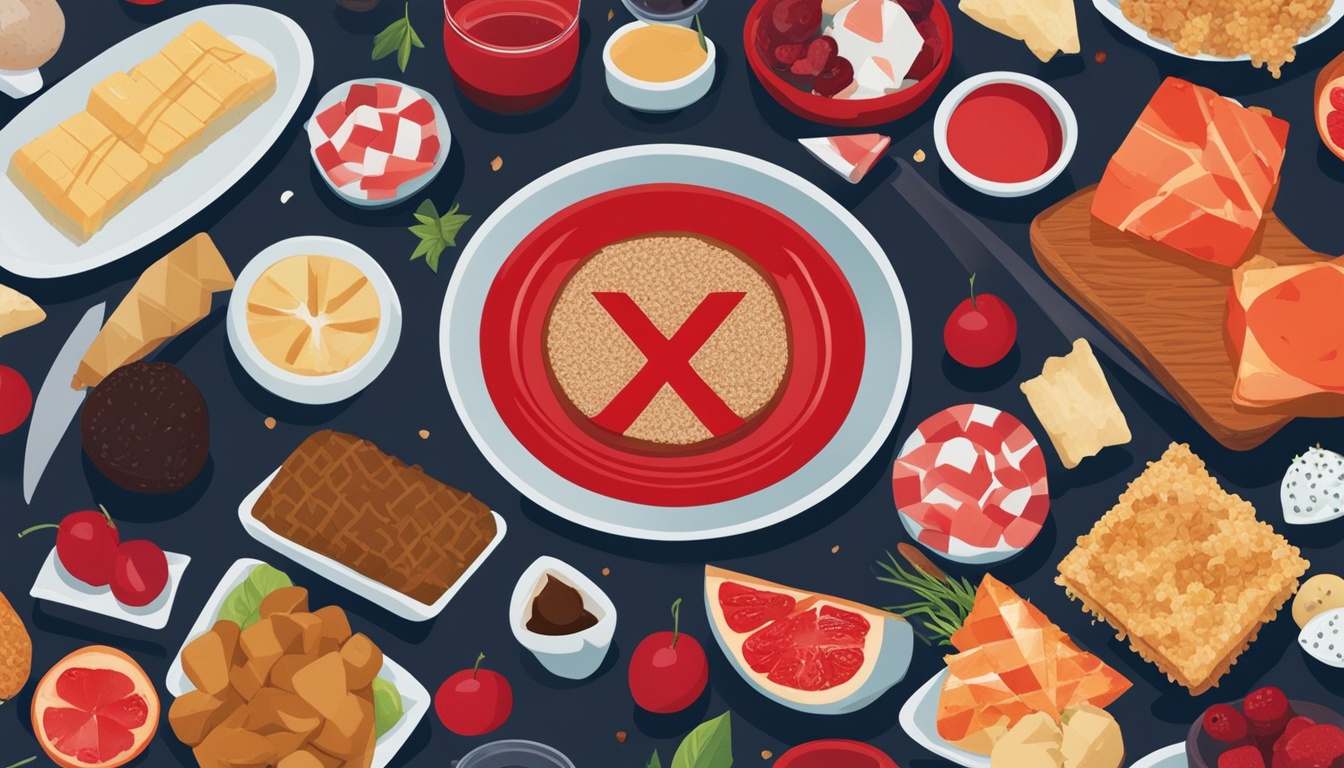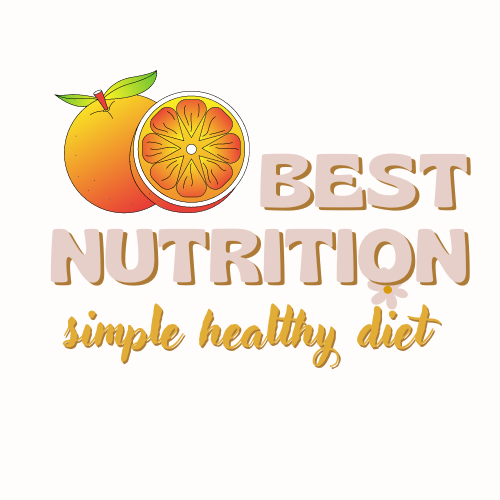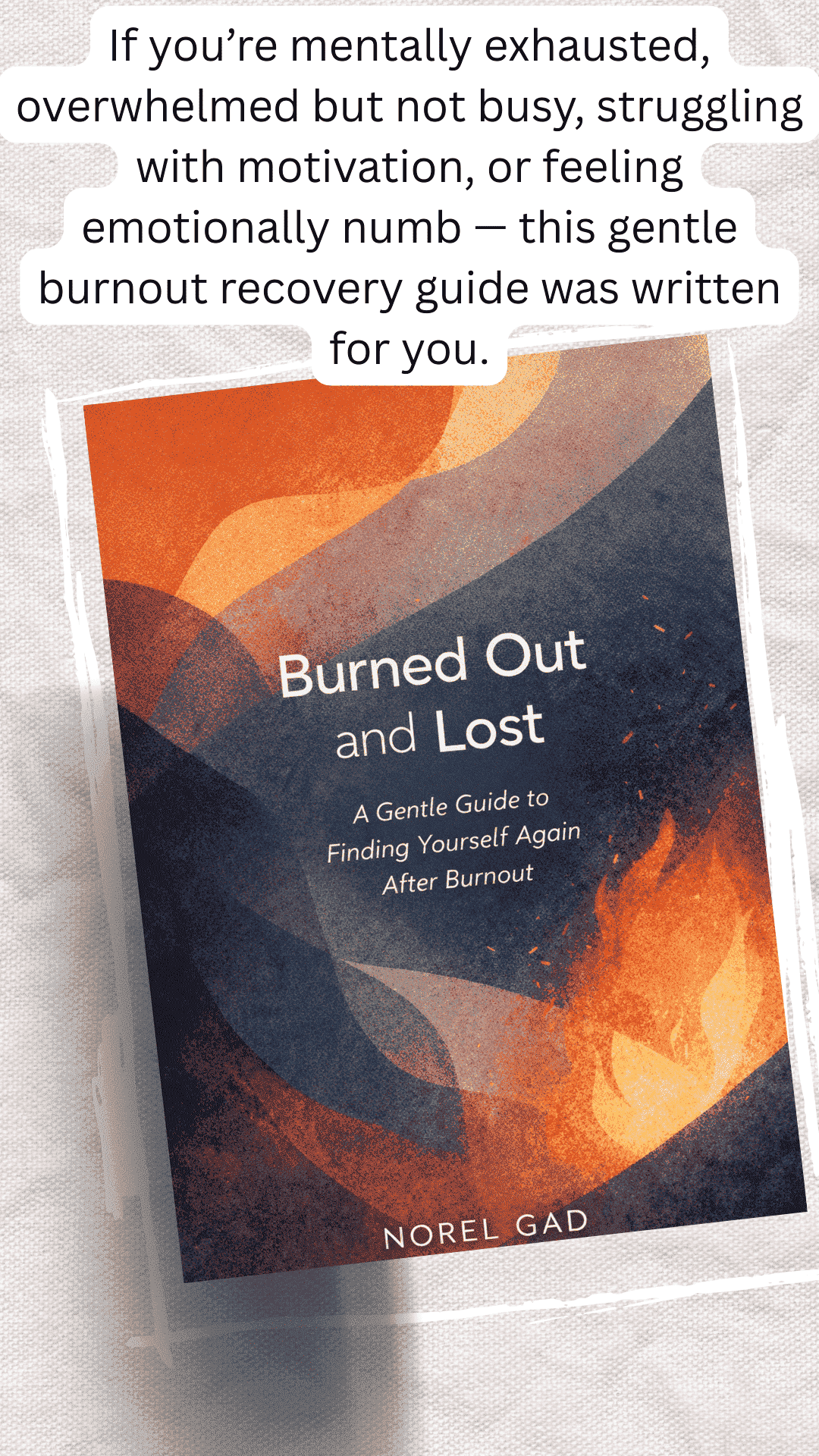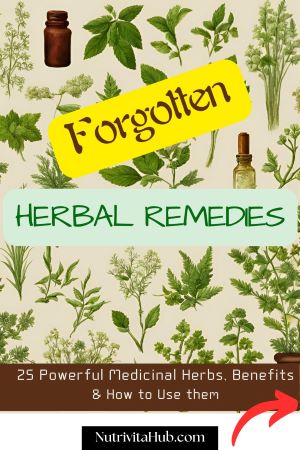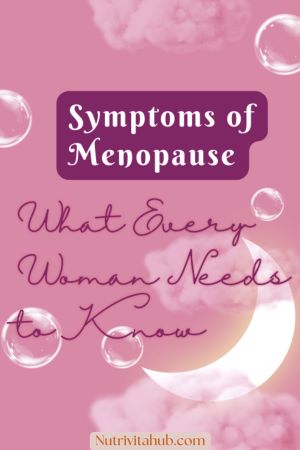Could Your Diet Be Triggering Acne?
Exploring the Food Intolerance Connection
Dealing with acne can be tough and make you feel bad, even when you’re not a teenager anymore.
Many people try lots of skincare products and treatments but don’t see much change.
But, there might be a hidden reason for their skin problems: food intolerances.
This article looks into how what we eat affects our skin’s health.
It shows how some foods can cause inflammation, hormonal issues, and upset our gut, leading to acne.
By learning about the link between our gut and skin, you can find a new way to get clear, glowing skin.
Key Takeaways
- Acne is not just a “teenage problem” and can persist well into adulthood.
- The billion-dollar acne industry often falls short in addressing the root causes of breakouts.
- Food intolerances, such as to dairy, gluten, or processed foods, can trigger skin inflammation and acne.
- Hormonal imbalances and gut health play a crucial role in the development of acne.
- Adopting an anti-inflammatory, nutrient-rich diet can help heal the gut and clear the skin.
Introduction: The Struggle for Clear Skin
Fighting adult acne can feel lonely and hard.
Even with a good skin care routine and many treatments, some people keep getting breakouts.
I know how it can make you feel bad about yourself and your life.
Personal Experience with Acne and Frustrations
I cleaned, toned, and moisturized my skin for years, following dermatologist recommendations for persistent acne.
But, my skin kept breaking out, getting worse and worse. I felt so stuck and sad, trying things that didn’t help.
“I felt like I had tried everything, but my skin just wouldn’t cooperate. It was so discouraging and made me feel self-conscious about my appearance.”
Then, I thought about how my diet might affect my skin. A doctor told me to try changing my diet for my adult acne.
This idea made me want to find out more about how my food could be causing my skin problems.
Top 5 Natural Remedies to Combat Acne and Blemishes↗️
The Myth of Acne as a “Teenage Problem”
Many think acne only hits teens, but adult acne is on the rise. Now, people in their 20s and 30s get acne more often.
This shows acne isn’t just in your genes.
It’s also linked to our modern diet and lifestyle.
Acne used to be seen as a teen issue, but now it affects people of all ages.
A study in the Journal of the American Academy of Dermatology showed this. It found almost half of women and a quarter of men in their 20s and 30s get acne.
| Age Group | Percentage of Acne Patients |
|---|---|
| Teens | 85% |
| 20s and 30s | 50% (women), 25% (men) |
| 40s and 50s | 15% |
Adult acne is not just a teen issue.
It can start or continue into adulthood.
Knowing what causes environmental factors of acne helps us fight it.
This way, we can keep our skin clear and healthy.
Perfect Your Skin: 5 Essential Body Care Steps↗️
Top 5 Natural Remedies to Combat Acne and Blemishes↗️
The Billion-Dollar Acne Industry: Limitations of Conventional Treatments
A lot of money is spent on acne treatments in the U.S., over $1 billion a year.
People use creams, antibiotics, and even Accutane to fight acne. But, these methods often don’t work well over time and can have bad side effects.
Topical creams like benzoyl peroxide and retinoids can help at first.
But using them for a long time can make your skin dry and sensitive to the sun.
Antibiotics kill the bacteria that cause acne but can mess up your gut health.
This can lead to stomach problems and make bacteria harder to fight in the future.
Accutane, or isotretinoin, is a strong medicine for severe acne.
But it has serious side effects like depression and thoughts of suicide. Taking it during pregnancy can also harm the baby.
“Conventional acne treatments often provide only temporary relief and come with a laundry list of potential side effects. We need a more holistic approach that addresses the root causes of acne, not just the symptoms.”
We need a better way to fight acne that looks at the whole picture. Looking at diet, gut health, and hormones can help. This way, we can clear our skin and feel better overall.
The Gut-Skin Connection: How Digestive Issues Trigger Breakouts
Adult acne often comes from the gut-skin axis.
Problems like leaky gut, dysbiosis, and food allergies cause inflammation and hormonal issues.
This leads to tough breakouts. The gut and skin are deeply connected. Fixing gut problems is key for clear skin.
The Role of Leaky Gut, Dysbiosis, and Food Allergies
Leaky gut happens when the gut lining gets weak.
Then, food bits and toxins get into the blood, causing inflammation.
This can mess with hormones, leading to acne. Also, dysbiosis can make food allergies worse, making skin issues worse.
| Gut Condition | Impact on Skin |
|---|---|
| Leaky Gut | Systemic inflammation, hormonal imbalances |
| Dysbiosis | Food allergies, inflammation |
| Food Allergies | Inflammation, breakouts |
Fixing gut problems helps manage acne and get clear skin. The goal is to make the gut healthy and balanced. This greatly improves skin health and overall well-being.
“The skin is a window to the gut. Addressing digestive issues is the key to achieving long-term, sustainable skin health.”
Why a Food Intolerance May Be Causing Your Acne
If you’ve been struggling with acne, your diet might be the problem. Research shows a link between food intolerances and skin issues. Foods like sugar, dairy, and processed items often cause breakouts.
The Impact of Sugar, Dairy, and Processed Foods on Skin Health
Eating lots of refined carbs and sugar can make insulin levels go up.
This leads to more inflammation and hormonal changes that cause acne. Dairy has growth hormones and proteins that can make skin break out in some people.
Processed foods are full of artificial stuff that can mess with your gut bacteria.
This can cause stomach problems and skin inflammation.
Eating whole, unprocessed foods might help your skin look better.
| Food Category | Impact on Skin |
|---|---|
| Sugar | Spikes insulin, increases inflammation |
| Dairy | Contains hormones and proteins that can trigger allergies and sensitivities |
| Processed Foods | Disrupts gut health, leads to inflammation |
When I stopped eating dairy, my skin got much better.
Cutting out milk and cheese helped clear up my acne fast.
This shows how food intolerances can affect your skin.
“A diet focused on whole, unprocessed foods may be the key to achieving clearer, healthier skin.”
The Hormone-Acne Connection: How Diet Affects Insulin, Testosterone, and Estrogen
Hormonal imbalances can cause adult acne, especially in women.
The glycemic load of your diet affects these hormonal changes. This is how fast your diet makes blood sugar levels go up.
Eating a lot of sugar and processed carbs can make insulin levels go up.
This can also increase testosterone and cause inflammation.
These are both things that can make acne worse. But eating foods that are low in carbs and high in fiber can help balance your hormones and make your skin clear.
Let’s look closer at how diet affects hormones and acne:
- Insulin: Eating a lot of refined carbs and sugar can make insulin levels go up. This can make androgens (male hormones) increase. It can also make your skin produce more oil, clog pores, and get inflamed. These are all signs of acne.
- Testosterone: Too much testosterone can make your skin produce more oil. This can lead to clogged pores and acne.
- Estrogen: Changes in estrogen levels can affect your skin. Low estrogen can make acne worse. Keeping estrogen levels stable is key for healthy skin.
Eating a diet that is low in carbs and high in fiber can help balance your insulin, testosterone, and estrogen levels. This can lead to clearer, healthier skin.
Perfect Your Skin: 5 Essential Body Care Steps↗️
Top 5 Natural Remedies to Combat Acne and Blemishes↗️

“Balancing your hormones through diet is one of the most effective ways to address the root cause of adult acne.”
The Importance of Omega Fatty Acid Balance for Clear Skin
Getting clear skin starts from what you eat. Omega-3 and omega-6 fatty acids are key for healthy skin. They help control inflammation and skin health.
Omega-6 fats can make inflammation worse, while omega-3 fats help reduce it.
If you don’t have the right balance, you might get acne. Eating the right foods and taking supplements can help you get clear skin.
- Omega-3 fatty acids are great for reducing inflammation. They help with redness, swelling, and breakouts.
- Omega-6 fatty acids can cause more inflammation and make acne worse.
Eat foods high in omega-3 like fatty fish, chia seeds, and walnuts for better skin. These foods help balance your skin’s health and reduce inflammation.
“Balancing your omega-3 and omega-6 intake is a game-changer for achieving clear, radiant skin. It’s a simple yet powerful step in your acne-fighting arsenal.”
If you can’t get enough omega-3 from food, supplements can help.
Choose products with EPA and DHA for the best benefits. These omega-3s fight inflammation and help you get clear skin.
Focus on balancing omega-3 and omega-6 fats for clear skin. Add these important nutrients to your daily diet. See how nourishing
your skin from the inside can change how it looks on the outside.
The All-Natural Acne Diet: A Holistic Approach to Healing
If you’re fighting acne, your diet might be the key. Eating whole foods and anti-inflammatory foods can help.
This can make your skin clear and bright from the inside.
Optimizing Nutrition, Balancing Hormones, and Supporting Digestion
A whole foods diet full of anti-inflammatory foods is key to healing acne.
Eat low-glycemic grains, lean meats, healthy fats, and lots of fruits and veggies. These foods help balance your hormones, cut down on inflammation, and keep your gut healthy.
Also, fixing nutrient deficiencies is important for clear skin. Supplements like zinc, vitamin A, and omega-3s can help. They work with your diet to balance your hormones and heal your skin.
- Prioritize a whole foods diet with anti-inflammatory foods
- Reduce high-glycemic foods to balance hormones
- Consume probiotic-rich foods to support gut health
- Address any nutrient deficiencies with targeted supplements
By changing your diet and lifestyle, you can use nutrition to clear your skin. This can lead to lasting results.

Top 5 Natural Remedies to Combat Acne and Blemishes↗️
Perfect Your Skin: 5 Essential Body Care Steps↗️
Personal Transformation: The Power of Dietary Changes
I used to have acne for years. Now, I know how dietary changes can change everything. My skin looks amazing now.
I thought my acne would go away as I got older. But it got worse in my 20s. I felt bad about my skin. Then, I learned how important dietary choices are for our skin.
By eating better, like avoiding dairy, my skin cleared up. It was hard at first, but it was worth it. Now, I want to help others see how diet and acne are connected.
“Achieving clear, healthy skin is not just about using the right topical products – it’s about addressing the underlying issues from the inside out.”
My skin changed a lot. No more breakouts or redness. Now, my skin looks great because of my dietary habits.
If you have acne and want a natural fix, think about your diet. Changing what you eat can help clear your skin. You can get the healthy skin you want.
| Before | After |
|---|---|
| Frequent breakouts, redness, and irritation | Clear, glowing, and radiant skin |
| Reliance on harsh, drying acne treatments | Healthy, balanced skin without the need for harsh products |
| Lack of confidence and self-consciousness | Increased self-esteem and confidence |
Conclusion: Achieving Radiant Skin from the Inside Out
The journey to clear, glowing skin starts from within.
It’s not just about quick fixes or surface treatments. By fixing imbalances in our gut, hormones, and inflammation, we can get healthy, bright skin.
Eating right and living well is key.
Eating foods that fight inflammation helps our gut, balances our hormones, and lowers inflammation.
This is key for clear skin. It helps fix the real causes of acne, not just the signs.
Your skin shows how healthy you are.
Eating lots of whole foods, healthy fats, and important nutrients helps your skin glow from the inside.
Start this healthy way of living and see your skin shine with confidence and beauty.
FAQ
What is the connection between food intolerance and acne?
Why is acne not just a teenage problem?
What are the limitations of conventional acne treatments?
How does gut health impact acne?
What specific foods can trigger acne?
How do hormonal imbalances contribute to acne?
Why is omega fatty acid balance important for clear skin?
What is a holistic approach to treating acne?
Source Links
- The Truth About Adult Acne: How Gut Health, Inflammation, and Hormones Affect Your – https://www.journee-mondiale.com/en/the-surprising-link-between-diet-and-clear-skin-what-your-dermatologist-wont-tell-you/
- The Secret to Outsmarting Your Acne – https://www.psychologytoday.com/us/blog/diagnosis-diet/201609/the-secret-outsmarting-your-acne
- I Gave Up Dairy—And My Adult Acne Vanished in Under a Month – https://www.vogue.com/article/dairy-cause-of-acne-skin-health-diet-lactose-intolerance





